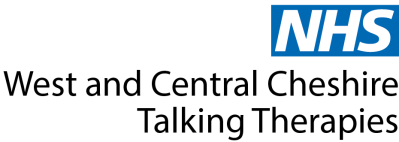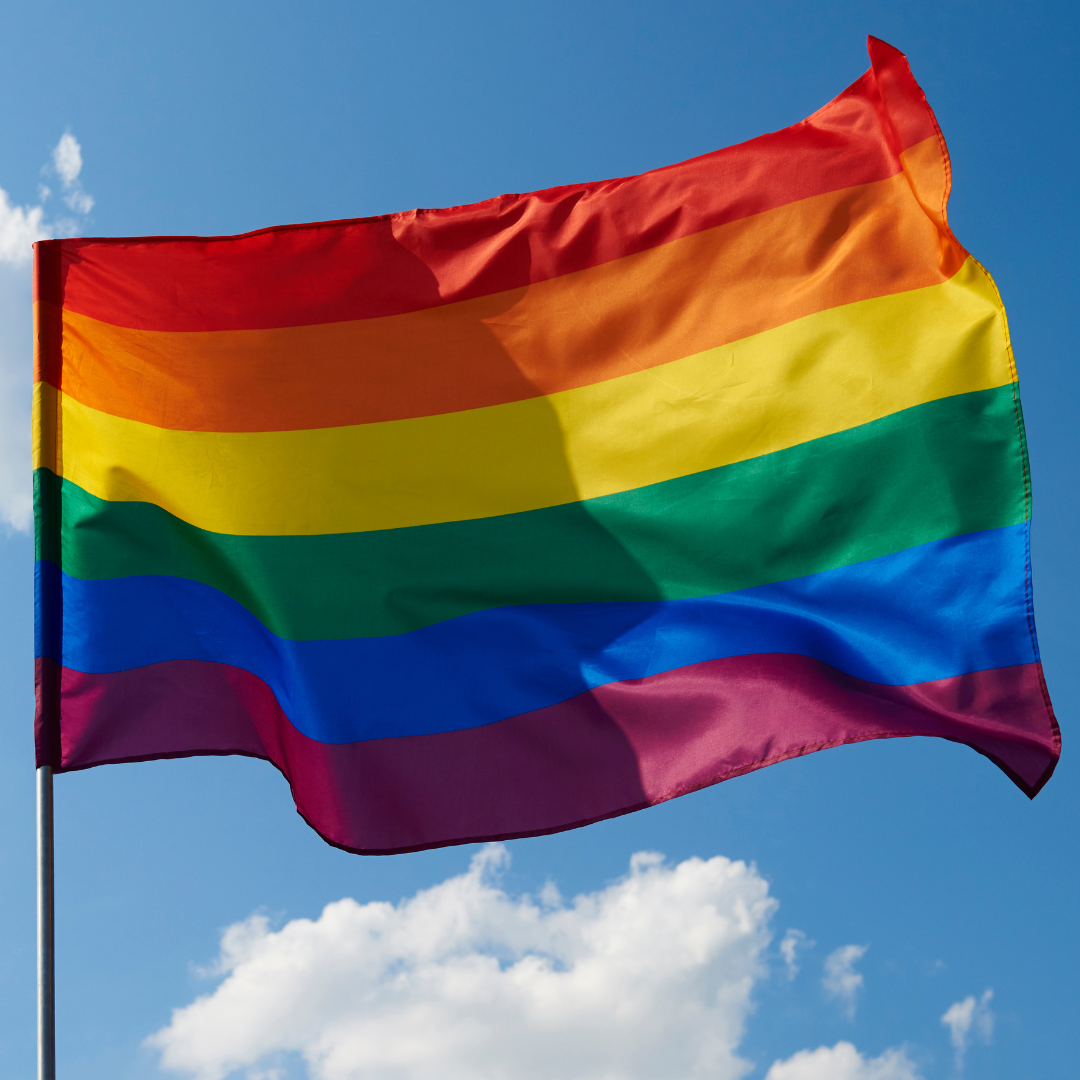At the heart of the NHS constitution is equality and fairness – everyone has an equal right to access and benefit from NHS services. Depression or anxiety disorders can affect anyone, so demand for evidence-based therapies remains high across all communities. National data indicate that the following groups unfortunately tend to be under-represented in Talking Therapies:
- disabled people, including people with hearing impairments
- LGBTQIA+ (lesbian, gay, bisexual, transgender, queer, questioning, intersex, or asexual)
- men
- older people
- people from black, Asian and minority ethnic groups, including those for whom English is not their first language
- people with caring commitments
- people from deprived communities, including those who are on low incomes, unemployed or homeless
- people with learning disabilities
- people in prison or in contact with the criminal justice system
- refugees and asylum seekers
- serving and ex-serving armed forces personnel.
We endeavour to have representation across our community from within all of these groups. Our staff take on opportunities to take on additional roles of a "Champion", directly linking in with key members from within these communities, with the aim of reaching equity for all.


